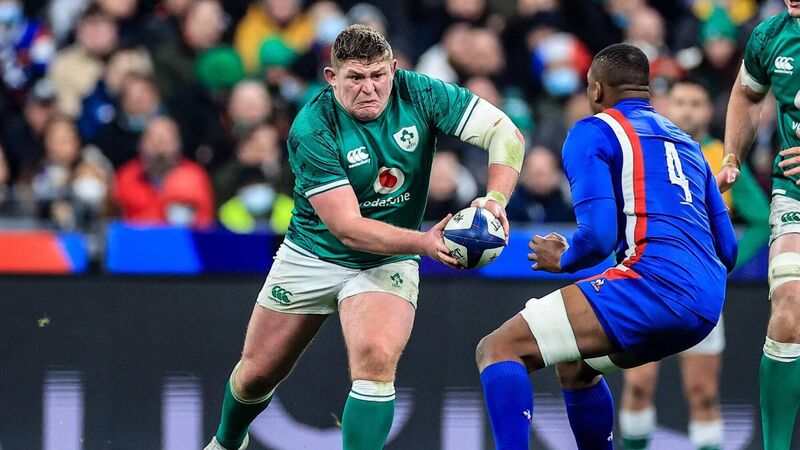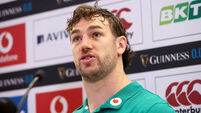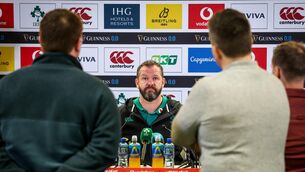Donal Lenihan: Ireland need to stock up on depth charges

Donal Lenihan: Andy Farrell was forced to ask his two most powerful and explosive props in Andrew Porter and Tadhg Furlong to keep going for 17 minutes longer than the starting French props against fresh opponents in Demba Bamba and Jean-Baptiste Gros"
Fifty-two minutes into the opening Six Nations game against Wales, Andy Farrell’s attention had already shifted to France. The fact that Ireland were in total control, leading by 24-0, enabled him replace Tadhg Furlong and Jack Conan, both highly influential figures to that point, without any danger of repercussions given the meek nature of the Welsh challenge.













